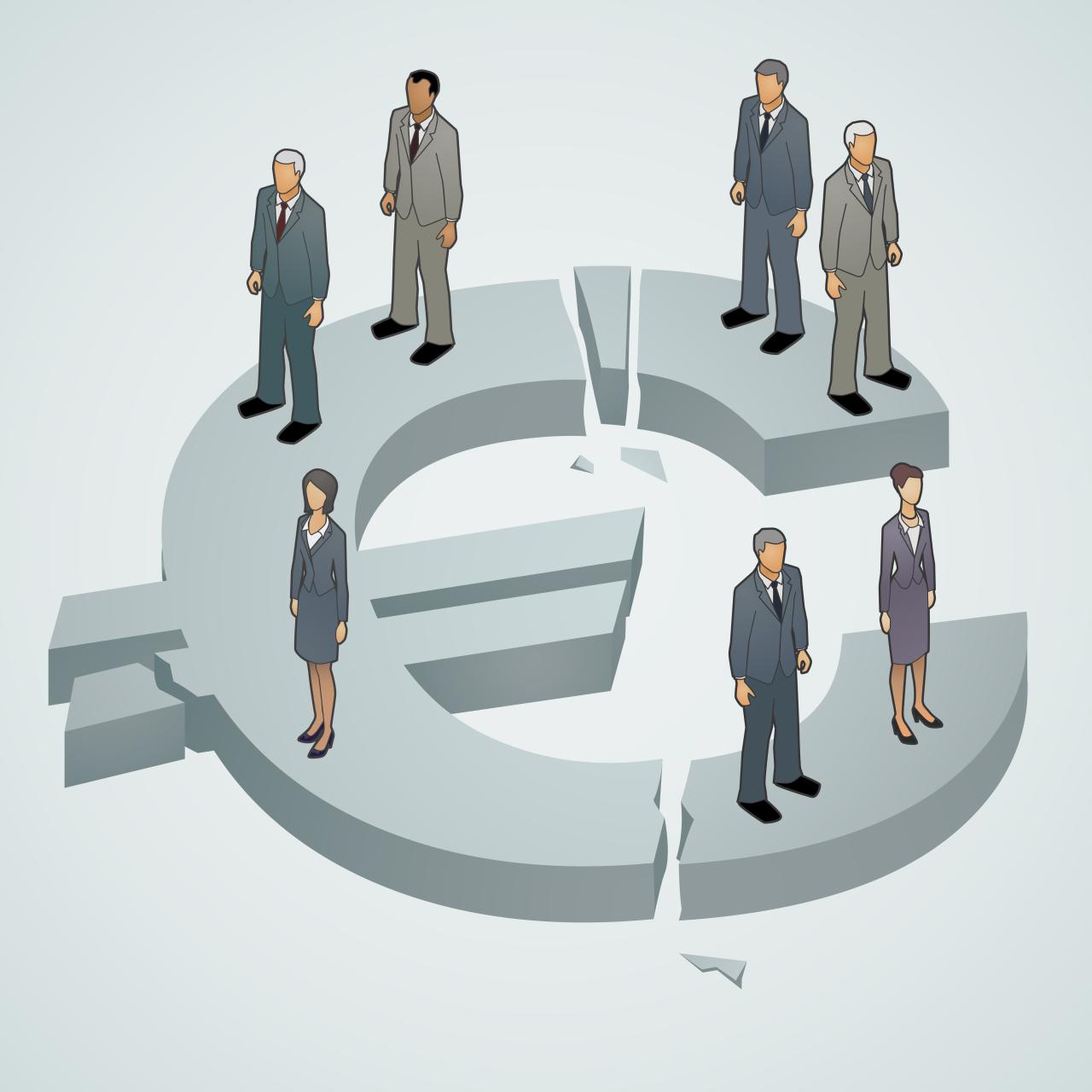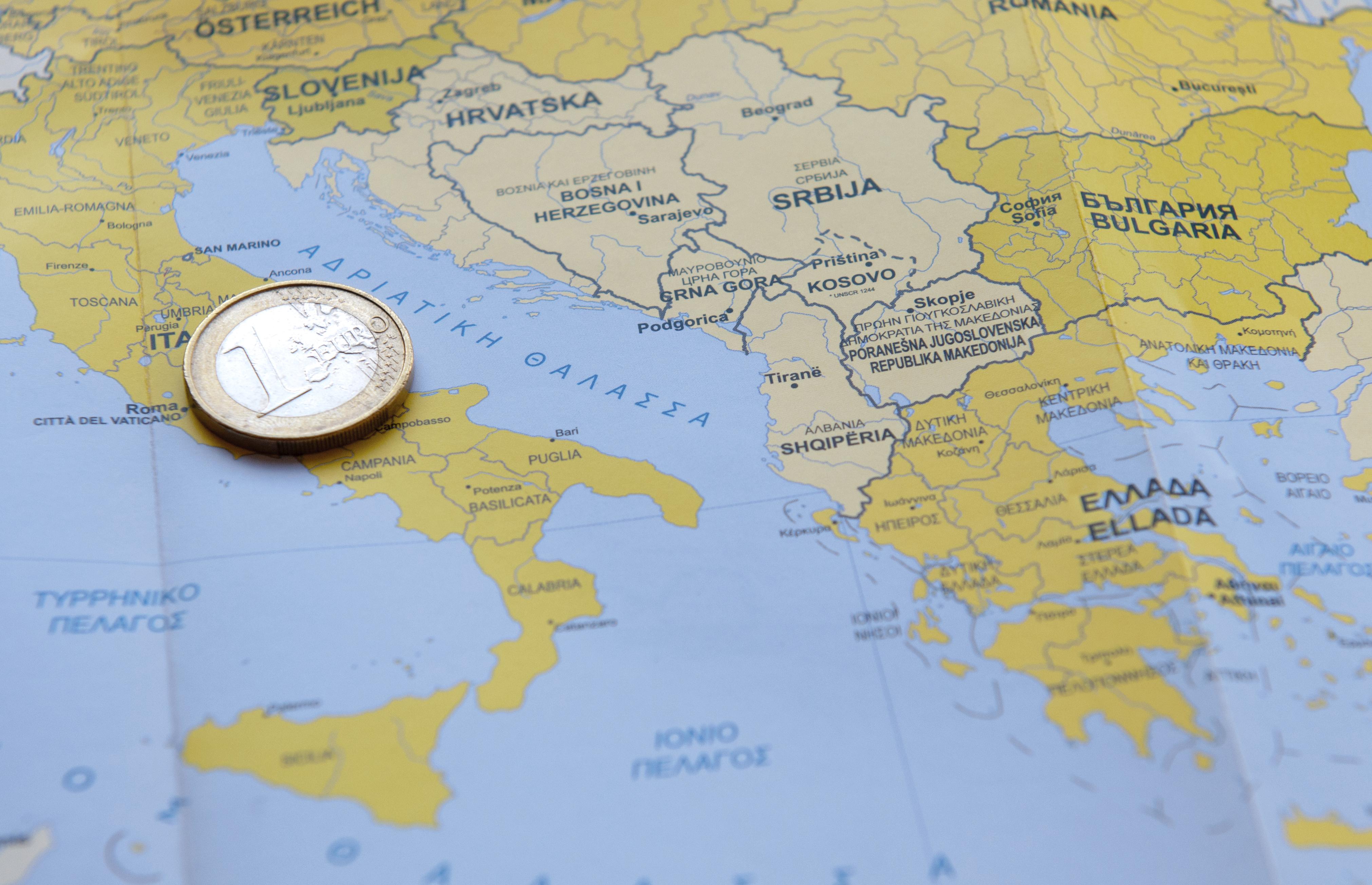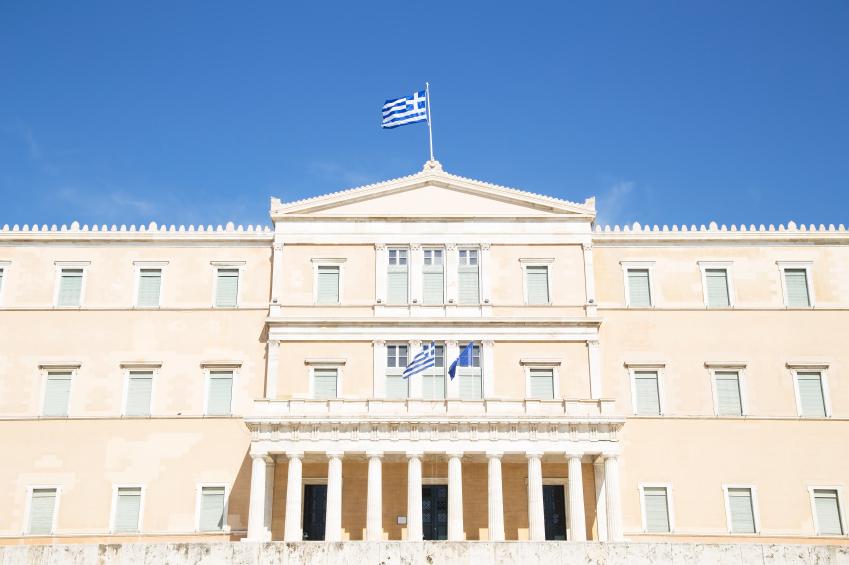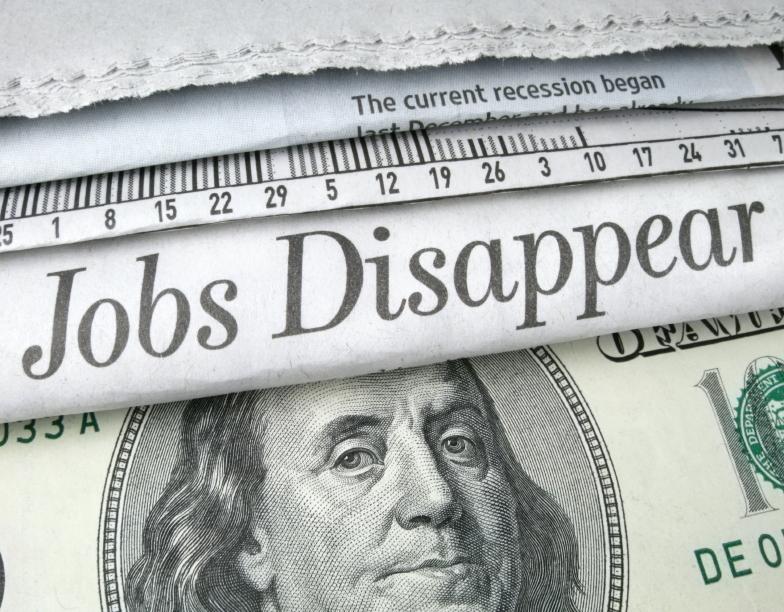
Agreement, in principle at least, has saved Greece from leaving the euro. It now has to pass reforms demanded by the Eurozone by Wednesday. But first, some facts are warranted about how far Greece has actually come.
Of all the Euroland countries, Greece is the country which has implemented the deepest adjustments in terms of budget cuts. Between 2009, and the onset of Euroland’s crisis, and end 2014, the Greek government deficit has fallen from -15.2% GDP to -2.7%. Minus interest payments, Greece is running a structural surplus.
This represents a cut of 12.5 points in the GDP, a colossal adjustment. By comparison, Spain’s government spend fell 5.1 points, Lithuania by 8.6 andEstonia by 2.3. Overall, Greece has slashed government spend by €47 billion.
Looking at the Greek statistics a bit closer, Athens is in the top league of Europe’s cutters. Ireland is number one, reducing government spend from 47.6% GDP to 36%; Greece from 53.9% GDP to 44.2%; and Lithuania from 43.7% to 34.1%.
These figures would suggest that the EU institutions will only be satisfied if Athens reduces expenditures to, say, the level of Ireland. In fact, the Greek economy has shrunk 27 GDP points, an unprecedented contraction since the depression of the 1930s.
Furthermore, Greece is the only Euroland member state to have lowered the minimum wage from €689 to €586 a month. It has done the most to make its labour market flexible and has seen wage levels fall by a quarter.
Greece compared
Other member states that have forced through austerity imposed by Germany have experienced a turnaround, albeit often with very high levels of unemployment as in Spain, Portugal and Italy.
The small Baltic states, after a deep recession, rebounded in 2011 with growth rates of 6-8% GDP, with Estonia growing at 4.5% in 2014.
Ireland and Spain resumed growth in 2014. Both countries have a significant industrial sector, are host to a wide spectrum of multinational corporations, have moved into current account surplus, and have a strong export sector. Ireland’s per capita exports are 16 times greater than those of Greece.
In mid-2014, there were some indications of a turnaround in Greece, but by the end of the year, these disappeared. Germany’s Finance Minister Wolfgang Schäuble argued that the Greek economy was turning the corner when the Greeks voted in a Syriza government, turning a promising situation for Greece into a disaster.
This is disingenuous. The first bailout in 2010 was aimed at topping up German and French banks, not the Greek economy. Greece, though, was saddled with the bank’s debts.
Greek imports have shrunk by 45% while 44% of the population is below the poverty level. As the economy has shrunk, the Greek debt has soared. From the very start of the crisis it was an open secret that Greece could never repay the debts loaded onto it. The allegation that Athens has implemented little to nothing is plain wrong.
Prime Minister Alexis Tspiras was not alone when he told the European Parliament that “my country has become a laboratory for austerity and the experiment has failed”. Two Nobel Prize winners, Paul Krugman and Joseph Stiglitz, as well as the IMF, are of the same opinion.
Revenge is sweet
So what is happening? One explanation is that the German and Dutch Finance Ministers, joined by the Commission and the ECB, are happy to take revenge on a small member state that has made so much trouble for five months, and worse, has made them look foolish.
Germany has been throughout the five-year crisis at the centre of an austerity coalition - including Finland, The Netherlands, and countries like Slovakia and the Baltics - that resent what they consider to be Greek begging-bowl tactics.
Last week, the ECB, now highly politicised, reportedly strong-armed Greece into imposing capital controls, a measure said to be a first step to ejecting Greece from the Euro.
Berlin’s Finance Ministry produced a plan outlining two options: either the government submits to drastic measures such as placing €50bn of its assets in a trust fund to pay off its debts, and have Brussels take over its public administration, or Athens agrees to a “time-out” solution where it would be ejected from the Eurozone for a five-year period.
Last Sunday, the Syriza government won a referendum handsomely rejecting the bailout conditions which it is now prepared to sign up to. This involves a raft of spending cuts and tax rises to secure a new three-year rescue plan worth around €75-100 billion. Tspiras has not followed advice that he should be prepared to exit the Euro.
Why, having defied the powers that be in the EU, has Tspiras suddenly got cold feet? His answer is that he won a mandate to negotiate a better deal, and not to take Greece out of the Euro.
Whatever the explanation, Schäuble instantly seized the opportunity to humiliate Tspiras. There was a savage taste of revenge in Schäuble’s remarks that Athens was now accepting measures that it had dubbed humiliating a week earlier.
“We will certainly not be able to rely on promises,” Schäuble is quoted as saying. “In recent months, during the last few hours, the trust has been destroyed in incomprehensible ways.”
It is more to the point that German-imposed austerity on Euroland is the prime cause for Syriza’s electoral victory in February 2015.
Syriza, the “Euro-communist” sister to Greece’s un-reformed, pro-Moscow Communist party, the KKE, won over 36% of the vote; Golden Dawn, an outright fascist party, received over 6% of the vote, and the KKE over 5%. In other words, 48% of the votes in the February elections went to parties of the far left or far right.
The same situation beckons in France, where Marine le Pen of the National Front is making a serious bid for the Presidency.
Striking similarities
There are other similarities between Greece and France. France has over 5 million civil servants, benefitting from all sorts of special privileges. Greece has 750,000. In 2012, Athens promised their number would be reduced by 2015 through attrition by 150,000.
Little has changed since. Syriza, like President Hollande’s government, has stalled on slicing the bureaucracy. In both countries, the political parties of the left have their alliances with the public sector unions.
Syriza has promised a crackdown on tax avoidance, something the former ruling parties, PASOK and New Democracy, were conspicuously unable to implement. Hollande is making similar noises.
Tspiras has been asking for an EU growth package, involving a 30% haircut for Greek creditors, and accompanied by major EU-promoted investment. Were this to happen, the private labour market, which has borne the brunt of the recession, would pick up and generate the jobs required to start reforms of the public sector.
In other words, with unemployment at 27%, Tspiras has been hoping for a private-sector boom to help him deal with his public-sector union allies and competitors.
But Djisselbloem and Schäuble insist on more austerity, supervised directly in imperial fashion by EU institutions. What they seem to forget is that the government sector is in the hands of hardcore trade unionists, ready to knee-cap anyone talking of cuts. If EU austerity in its new form were to be implemented, EU bureaucrats would need 24-hour protection for themselves and their families.
The alternative is to kick Greece out of the Euro for a period of five years. France is opposed, and President Hollande has sent his technocrats to Athens to help draft Greece’s last, last minute proposals. As German commentators have noted, they do not deal with the public sector.
This cannot be a surprise. France has the most bloated public sector in the EU. Hollande was elected to protect it. That is why his one major policy is to raise taxes further. The result is evident in France’s wretched economic performance.
The wider significance of the Greek saga
For the moment, France is clinging to the Euro, but like Greece is failing to deliver the reforms which would make the Euro a success.
What would these reforms entail?
· A massive reduction in the size of the French government.
· Liberalisation of hire and fire rules, thereby freeing up the labour market.
Question: What is the chance of these conditions being met in France?
Answer: Zero.
The Euro is in deep trouble.
Jonathan Story is Emeritus Professor of International Political Economy at INSEAD.
-
View Comments
-
Leave a Comment





No comments yet.